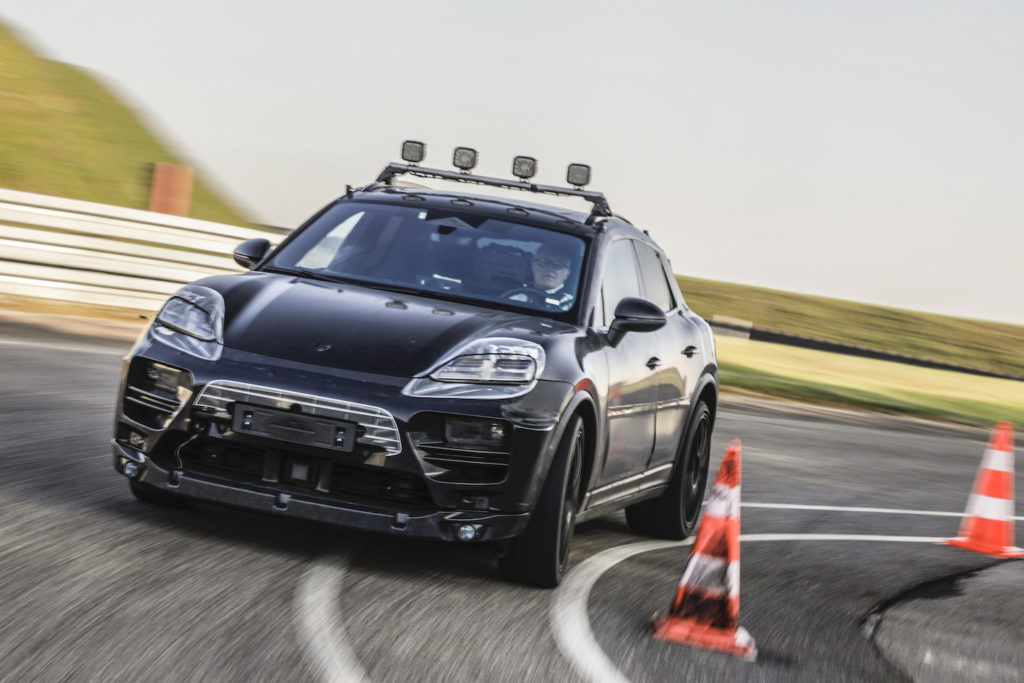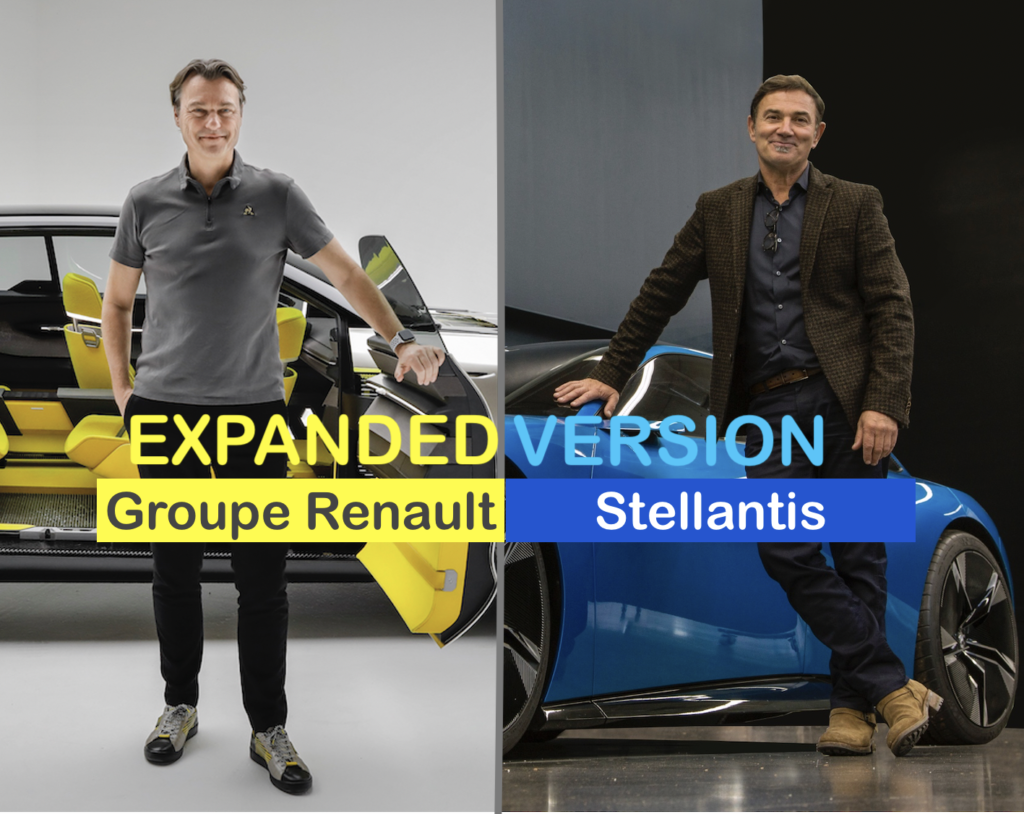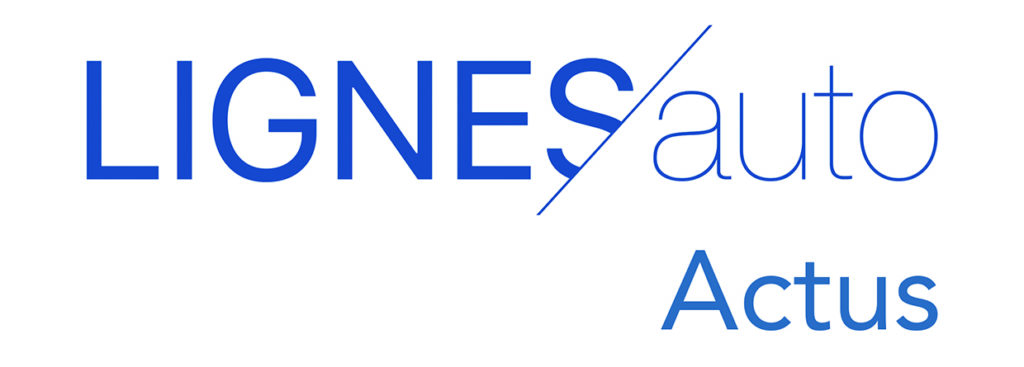
Usually, we are not very fond of interviews with CEOs conducted internally by the manufacturer. We make an exception here with the interview (taken from the official website) of Oliver Blume, Porsche’s boss, who talks about the brand’s electric future, investments in synthetic fuel and the next 911 hybrid.
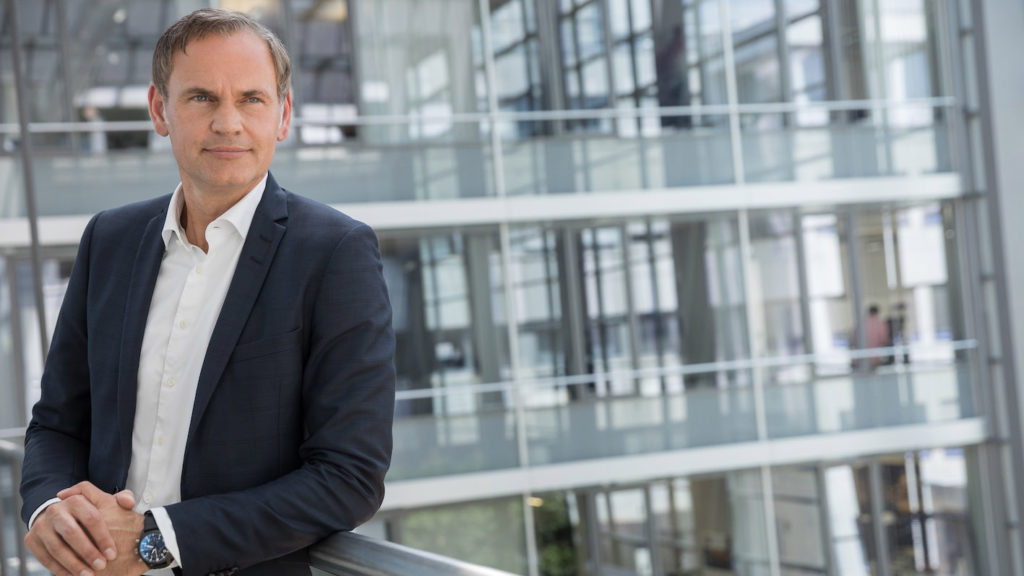
Semiconductors are scarce, will Porsche have a difficult year in 2022?
Oliver Blume: We try to remain flexible and manage each day in the best possible way. And we benefit from being part of the Volkswagen Group. Volkswagen buys in bulk, which allows us to achieve economies of scale. And thanks to our positive margins, Porsche receives a fair amount within the Group. So I am cautiously optimistic about 2022.
But there is no end in sight for this problem.
Clearly, the coronavirus and the shortage of semiconductors will continue to pose significant challenges this year.
What does this mean in practice?
The coronavirus requires a different kind of leadership: physical and digital. With systematic and responsible management of crisis situations. It’s about developing team spirit, leading with passion and vigour. In semiconductors, the contacts of the whole group with suppliers and manufacturers have become much closer and more transparent. This is positive, but it is still a challenge.
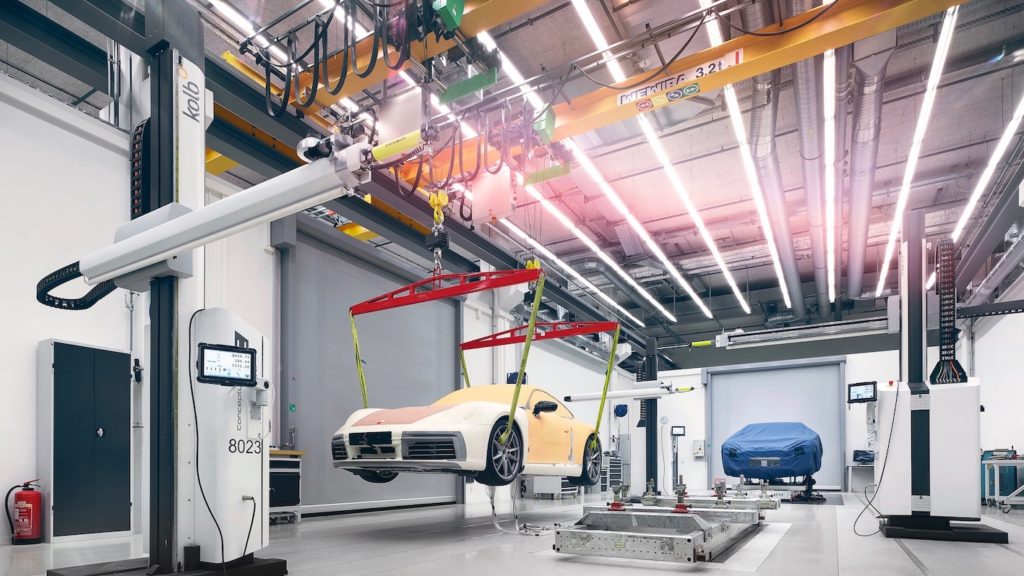
Sometimes crises are an opportunity. What lessons have you learned from this double whammy?
I really think in terms of opportunities here. We have become even more focused. For example, we paid considerable attention to our fixed costs from the start of the pandemic. This allowed us to further reduce the break-even point and become even stronger financially, with the clear objective of maintaining our ambitious 15% margin target for 2022 as well.
Can you explain why people have such a desire for sports cars in this crisis?
Many people want to realise a dream with a strong brand like Porsche, for example. Top quality, timeless design, high-performance products. All this explains why we have been able to deliver more cars to customers than ever before. Last year we had more than 50,000 orders for the 911 alone. We are continually expanding our model range in an attractive way and this is one of the factors of our success.
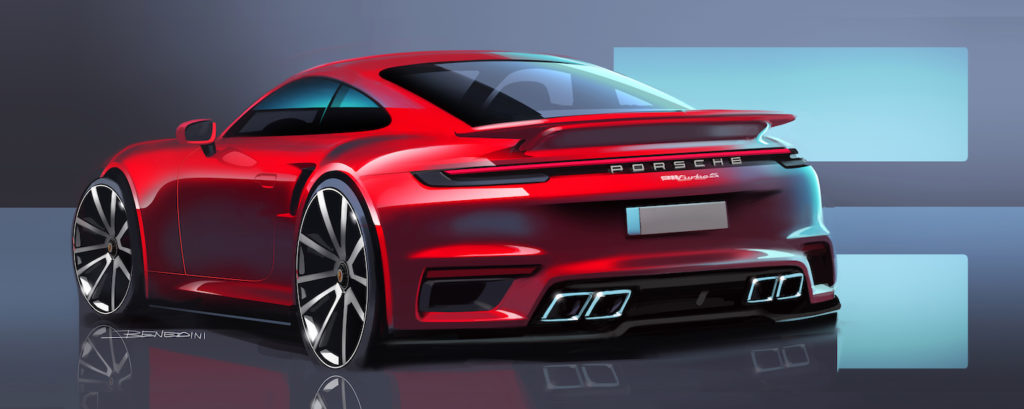
And the Taycan?
With this innovative vehicle, we were really able to show what is possible with an electric sports car. The Taycan is extremely popular with experts and customers. Compared to 2020, we managed to double sales – 41,296 vehicles to be exact – which puts it on a par with the 911, which also sold better than ever. Who would have thought that a few years ago? Thanks to our well-positioned product range, we also passed the 300,000 car mark last year (301,915 vehicles to be exact). However, we do not focus on volume as the main benchmark. For us, exclusivity, quality and unique products are more important than unit sales.
The Taycan had software problems, now there are rumours of overheated batteries…
…every product launch has its challenges at the beginning. Especially with innovations and new technologies. As a rule, when problems arise, we investigate them very carefully. We even investigate rumours.
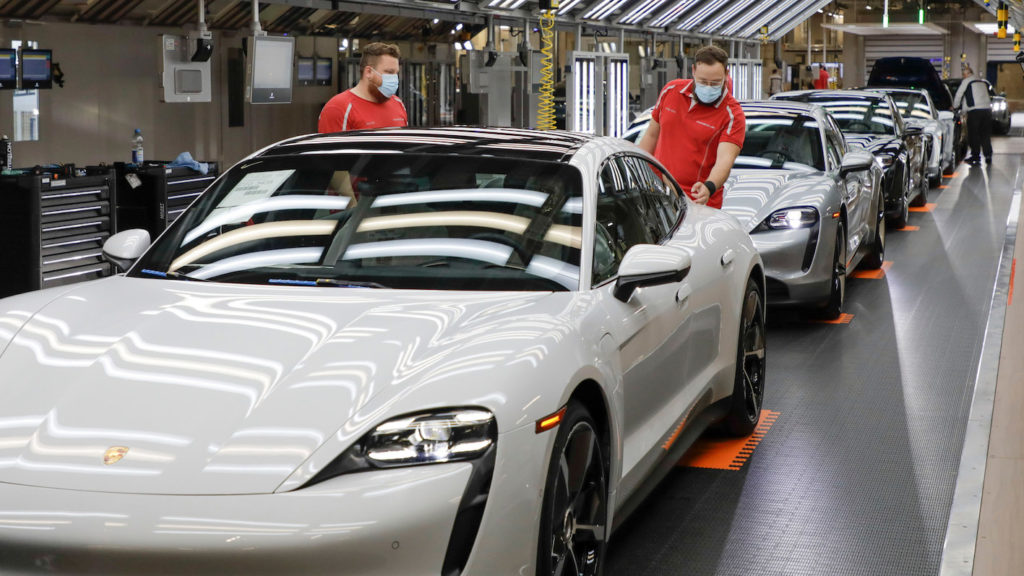
While other companies are struggling, Porsche is selling more cars and still making money despite the crisis…
We will maintain our pioneering spirit and courage, while keeping our feet on the ground and continuing to strategically refine Porsche’s profile. In the areas of digitalisation and e-mobility, for example, we are making faster progress than expected. Already last year, one in four vehicles sold worldwide was electrified.
Does this include hybrid electrics?
Yes, but the proportion of fully electric vehicles is higher now. The success of the Taycan has been a key factor. For us, it confirms our strategy. We started focusing on electromobility earlier than other manufacturers – and we’re still on the right track.
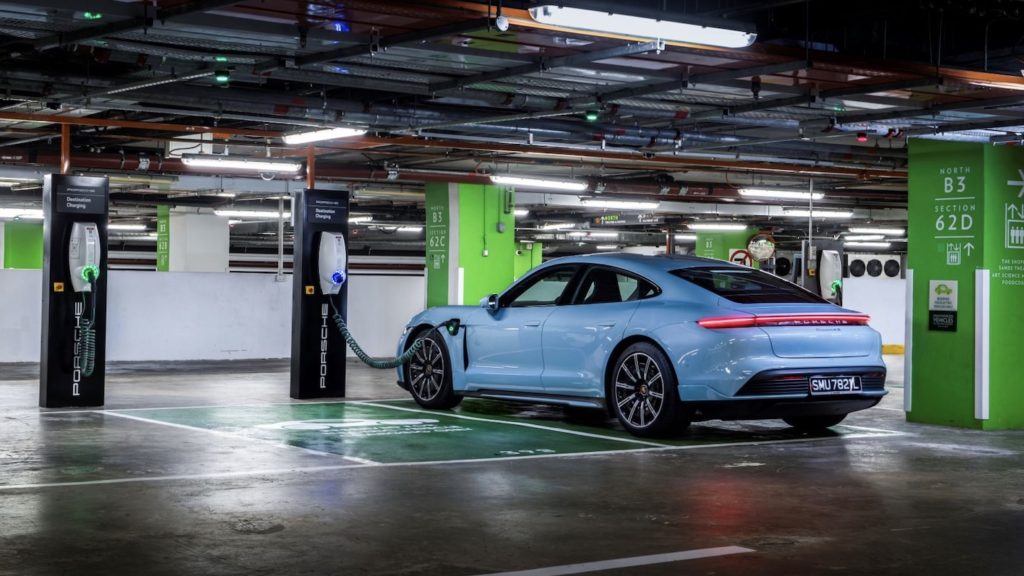
Porsche’s self-confidence grows with its success. Is the company different from its parent company Volkswagen?
For me, it’s less a question of self-confidence than of entrepreneurship. We use components from the Volkswagen Group and vice versa. What is important is that the success of Porsche also benefits the entire Group.
The merger of Porsche with Volkswagen was once justified because your company needed the parent company’s engines. Porsche would not have been able to afford the development costs alone. Is this logic still valid?
We have experienced fantastic growth in recent years, and that would not have been possible without Volkswagen. So we are benefiting from this link. At the same time we are extremely focused on our own problems and their success.
Could you do without Volkswagen today?
A theoretical question. In terms of financial strength, our cash flow speaks for itself. Basically, we need strong partners for the transformation. We can’t and won’t do everything ourselves. And for those issues where we cannot do everything ourselves, we look for suitable partners. In some areas, this is the Volkswagen Group.
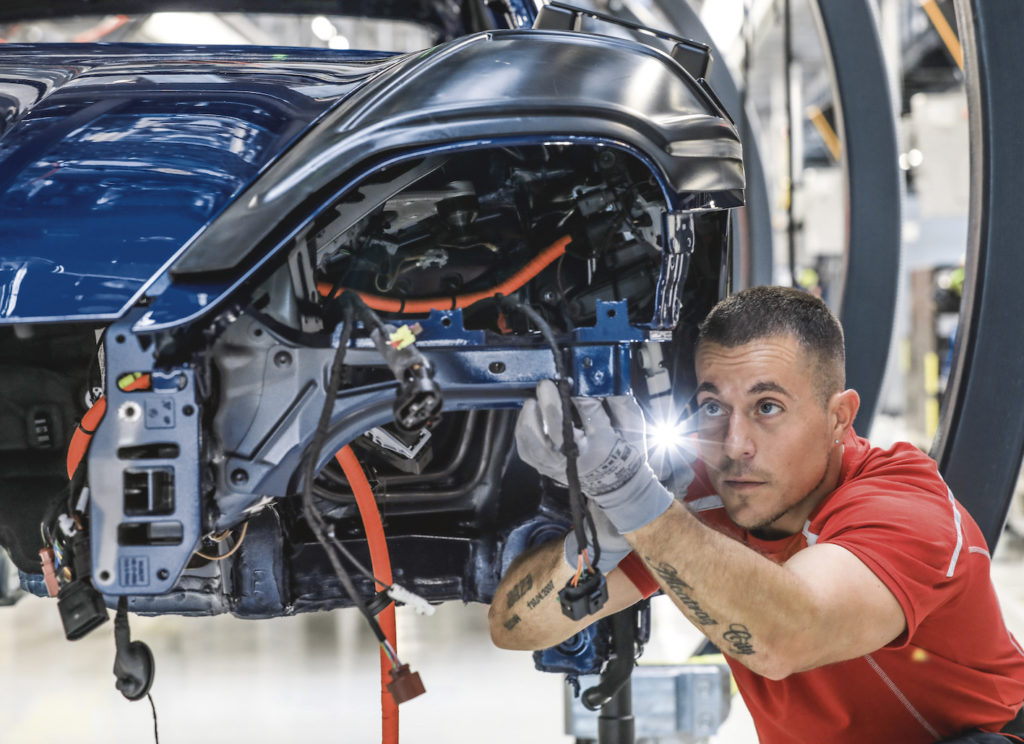
So the crowning achievement would be an IPO for Porsche?
Those are your words, not mine! Joking aside, we are of course experiencing a great deal of interest from the public and the markets. The decision on this matter rests solely with the Volkswagen Group. So we cannot make any statements about it. What is clear from the figures is that our company is very well positioned and crisis-proof. We are a sought-after brand with a clear strategy, a high level of technological expertise, and we are also very ambitious in terms of sustainability. We are aiming for a CO₂-neutral balance across the entire value chain by 2030.
Is the combustion engine part of this success story or will it fade away?
We don’t have a precise date. Ultimately, it is up to the customers and the regions of the world to decide. The special task for us is to make internal combustion engines that run on synthetic fuels virtually CO₂ neutral. To this end, we are investing in the development of eFuels.
Do you think these synthetic fuels have a chance? The prices are still extremely high.
This is our plan. We want to produce the synthetic fuels where sustainable energy is available in unlimited quantities – for example, in our pilot plant in southern Chile. Strong winds blow there almost all year round. Looking ahead, we think it’s realistic to expect the price to fall below a level of two US dollars per litre. And then things will get interesting. We see ourselves as a pioneer in sustainable mobility, with a focus on e-mobility, sensibly complemented by e-fuels. These elements are not in conflict with each other.
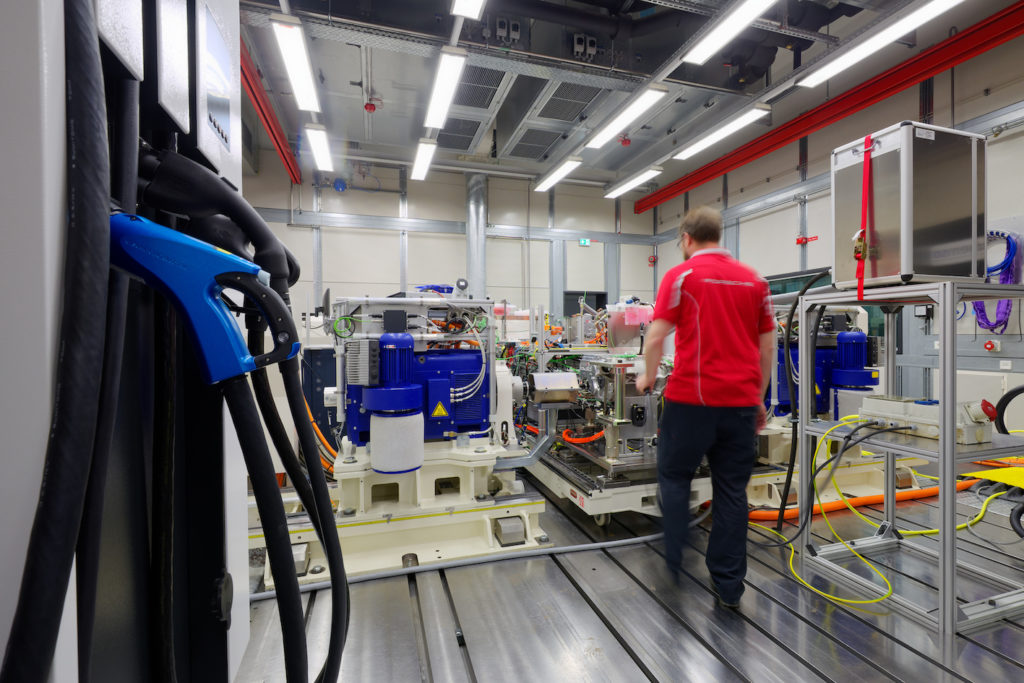
In the future, will Porsche also earn additional revenue from the sale of systems for the production of these eFuels?
For the time being, it’s all about getting the technology off the ground. We see our own areas of application for eFuels: for testing or the first filling of a 911, as well as for our Experience Centers or motorsport. At the same time, we are continuing to develop our electric vehicles. As part of this process, we are also looking at the form of energy that our customers will use in the future. That’s why we will invest more than one billion euros in sustainable energy sources over the next ten years: solar power plants, wind turbines and eFuels.
Yes, but Porsche models are heavy and move fast – which means they use a lot of fuel…
I don’t agree. Take our Panamera: in Europe, we already sell more than 70 per cent of them as plug-in hybrids. In cities, the Panamera can be driven with zero emissions. By 2030, we want to deliver around 80 per cent of our vehicles with electric drive – either hybrid or fully electric. These two examples show that Porsche is making its contribution to sustainability.
So at this point, we have to ask about the current state of development: have you managed to meet the CO₂ targets for 2021?
We are delighted that the Taycan has been so well received in the market. And also about the high hybrid share of the Cayenne and Panamera. So we are very optimistic that we will achieve the CO₂ targets we have set for Porsche within the Volkswagen Group for the European fleet.
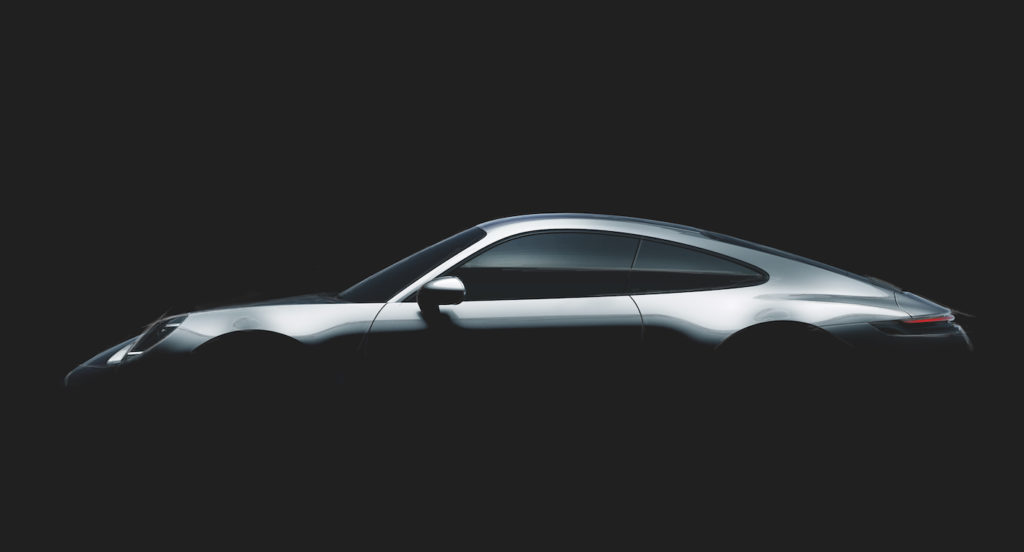
The 911 is your icon. The car must be hybridised. When will that happen?
The 911 is part of our sustainability strategy. What is important is that when we think of hybridisation for this vehicle, it is not in the sense of a plug-in. Rather, it is about motorsport characteristics, i.e. very dynamic hybrid propulsion with high recovery performance. Like the 919 Hybrid, with which we have won the 24 Hours of Le Mans three times in a row. I’m not going to give you a date for the introduction of such a model, we’ll be more precise when the car is actually ready. But you can start waiting for it now!
How will you develop the entire model range over the next few years?
We have implemented our product strategy in a flexible way. In each of our segments we have a wide range of powertrains – internal combustion engines, hybrids and electric vehicles. Next year, for example, the new fully electric Macan will be added as an attractive component. And I don’t want to reveal any more than that for today.
